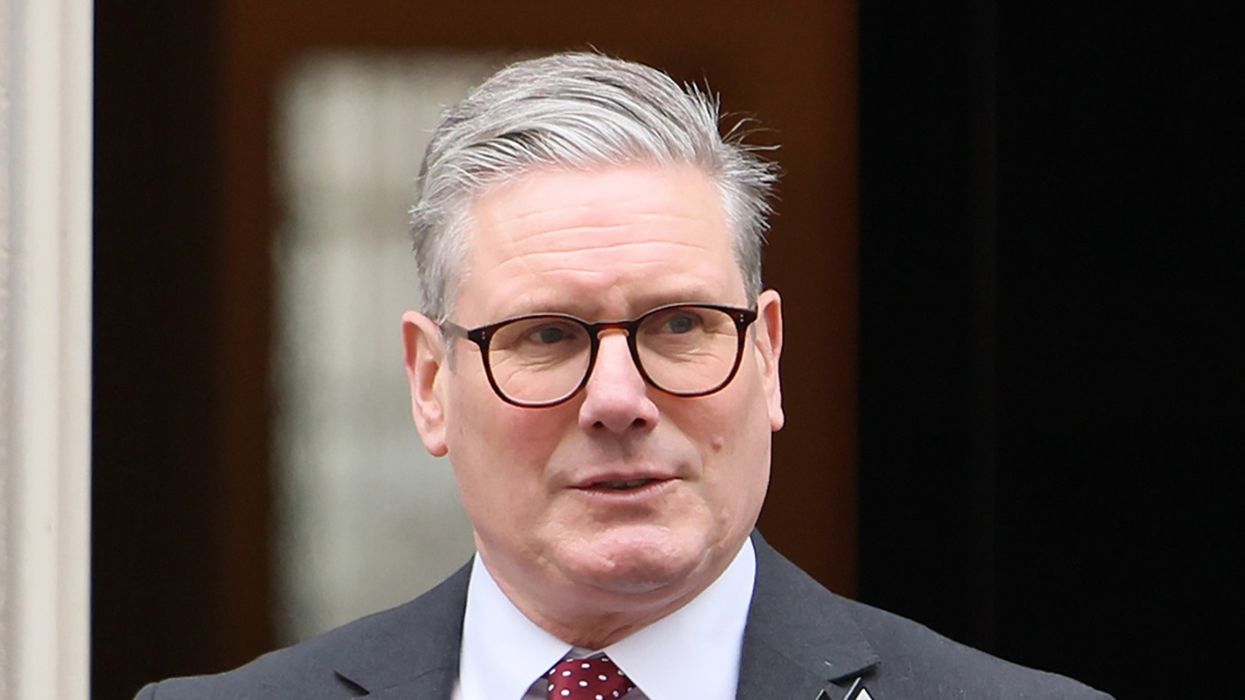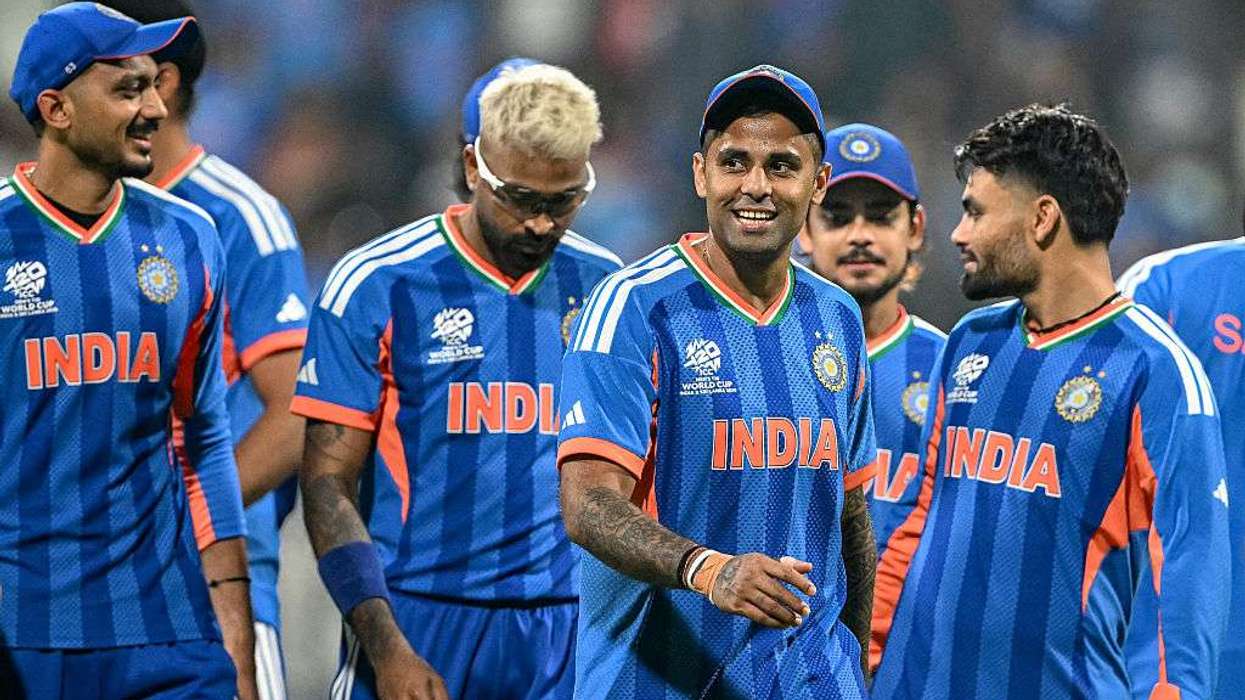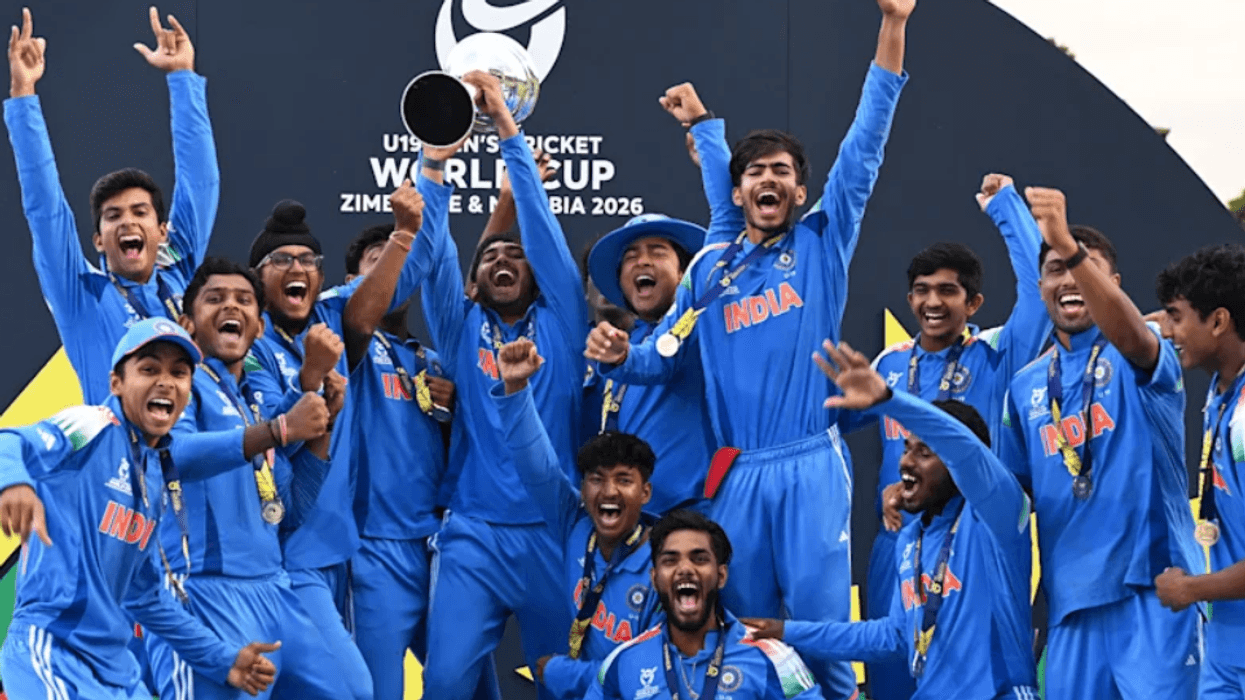NOBODY would ever mistake Sir Keir Starmer for Donald Trump.
The two men could hardly differ more in style, substance, or their core political instincts. It is the populist showman versus the gradualist social democrat, the multilateralist versus the unilateralist.
So Downing Street is relieved that the diplomatic courtesies of an initial 45-minute call between the leaders went well enough. The Trump administration’s aggressive clashes with Denmark, a NATO ally, over its designs on Greenland, and its clashes with its neighbour Canada show that this cannot be taken for granted. There will be more contentious topics – from tariffs, Ukraine and defence spending – when the two men meet.
They do share a calendar – each has four years to show what they can deliver. Starmer needs opposites to attract sufficiently to avoid conflict with Washington on economics, defence or foreign policy from derailing his domestic agenda.
The case for Trumpism as a political style is its confidence in dominating the political agenda. Trump won a decisive narrow victory, and intends to use it to declare a lasting realignment.
Trump’s first fortnight in office has seen a blizzard of executive actions, an advertisement for the politics of shock and awe. Make America Great Again [MAGA] is both a much punchier and more polarising pitch. Starmer’s vision of a decade of national renewal is unlikely to have been heard yet, so his government struggles for public definition.
Trump revels in his ability to use political power to break and remake the rules of the game. His opening blitz of executive orders included the pardoning of those who took part in the rioting and disorder of January 6, 2021.
But trying to amend the constitution by executive order is unlikely to get very far, such as in the attempt to ignore the 14th amendment which grants birthright citizenship to those born in the US.
Trump’s immigration deportation efforts are dominating the airwaves with images of raids, though this may well backfire if his push to scale up these efforts targets families long settled in America.
Another Trump order promotes the death penalty. The practical impact of this has been hampered by former president Joe Biden commuting the sentences of 37 of the 40 federal prisoners who were on death row. The two leaders are unlikely to find time to debate such matters of life and death.
Adherence to the rule of law is a core value for Starmer, reflecting his background as a lawyer and a prosecutor. The opposition Tory leader, Kemi Badenoch, wants to try to make this a weakness, calling the prime minister a “lawyer, not a leader”.
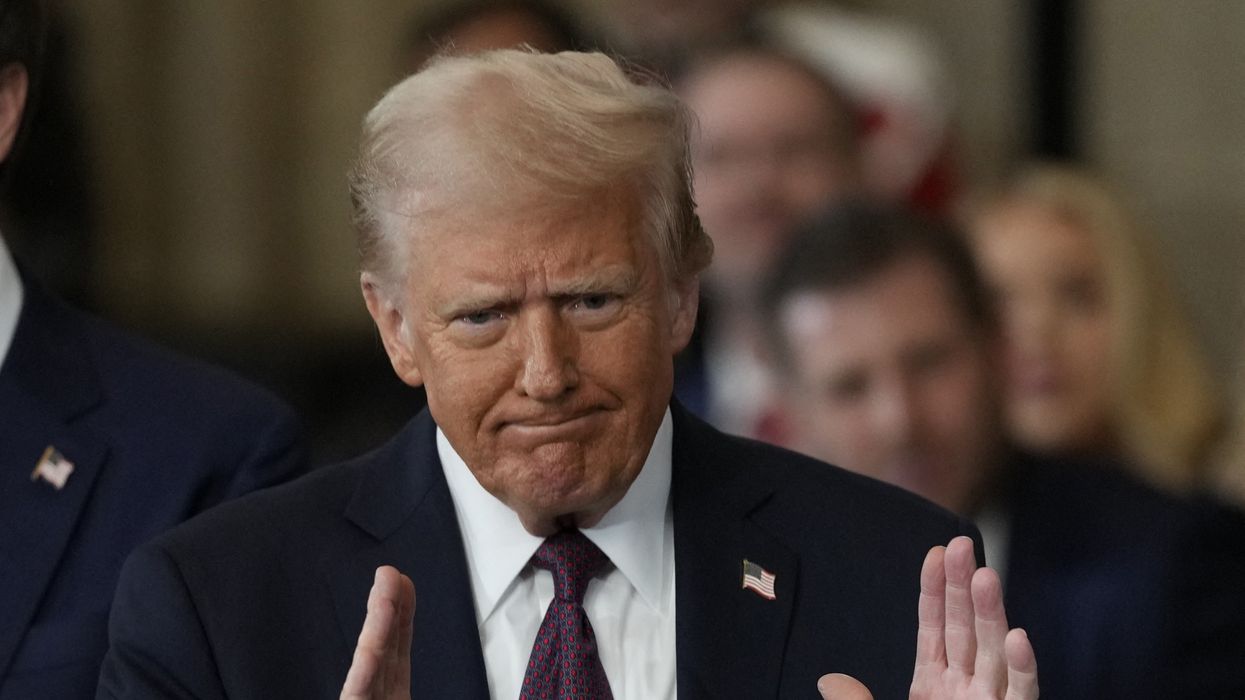
Noises off suggest the Trump administration would like “regime change” in London. But ‘America first’ is likely to remain Trump’s focus. It is mainly those such as billionaire businessman Elon Musk using a ‘Make Europe Great Again’ slogan who have an expansionist vision for the export of Trumpism. Musk is actively campaigning for the far right AfD in next month’s German elections, but is uncertain who he would back in Britain.
The strongest effort to fan TrumpStarmer tensions is coming from Nigel Farage’s Reform party. It wants to maintain as high a media profile as possible, as it seeks to call into question whether the Conservatives will be the main alternative to Labour at the next election.
Reform was out in force during the US inauguration. Farage may be overspinning his access to Trump. He ended up seeing the president’s inauguration address on a television screen, having not been among the 600 people invited to witness the indoor event in person.
The front-page coverage in the British press speculating that Trump may reject Starmer’s appointment of Peter Mandelson as UK ambassador has not yet been given any credence by US media outlets.
Gossip from Washington parties and from Reform’s friends in the MAGA movement may not reflect White House thinking.
Starmer’s social democratic politics sought to offer an antidote in Britain to Trump-style performative populism. His anti-Trump instinct is to Make Politics Boring Again, having political arguments tread lighter on people’s lives. That could be an attractive offer on exhausting culture war conflicts – if it does not mean ducking real challenges and has delivered on public priorities.
Starmer wants to call a 2029 general election, after Trump has left the White House. The president cannot be re-elected, under the US constitution, though he may try to bend the rules, or at least seek a loyal successor to continue his legacy.
There is little point in the prime minister trying to become a bad copy of Trump. Starmer will need to show he has delivered change that can be felt on the economy and the NHS. He needs to show a balanced approach to immigration and asylum can work too.
Any effective anti-populist politics depends on showing that change can happen – not just explaining that it is more complicated than populist slogans recognise.
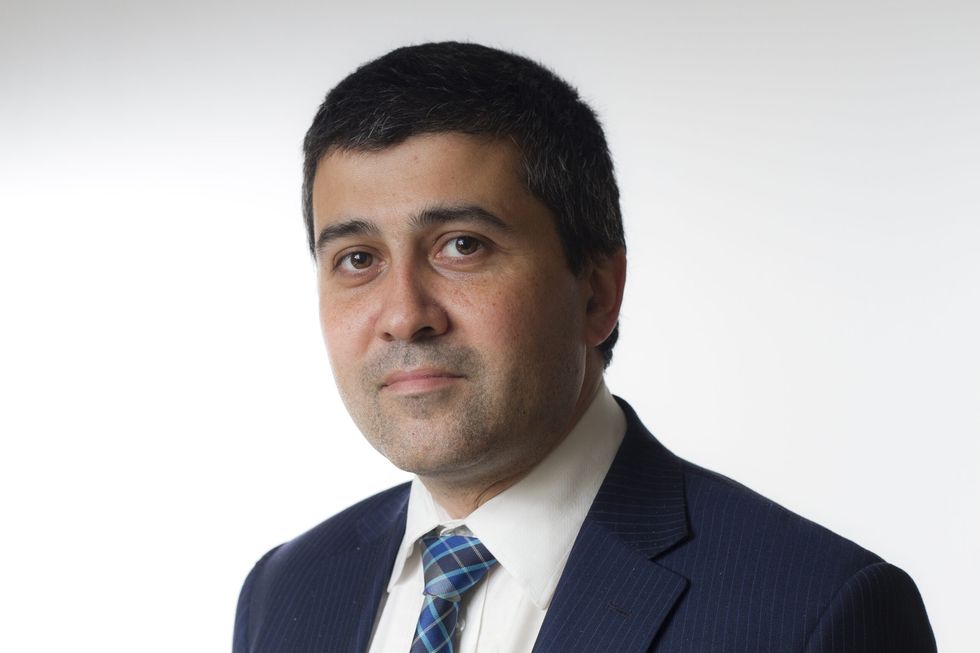
Sunder Katwala is the director of thinktank British Future and the author of the book How to Be a Patriot: The must-read book on British national identity and immigration
